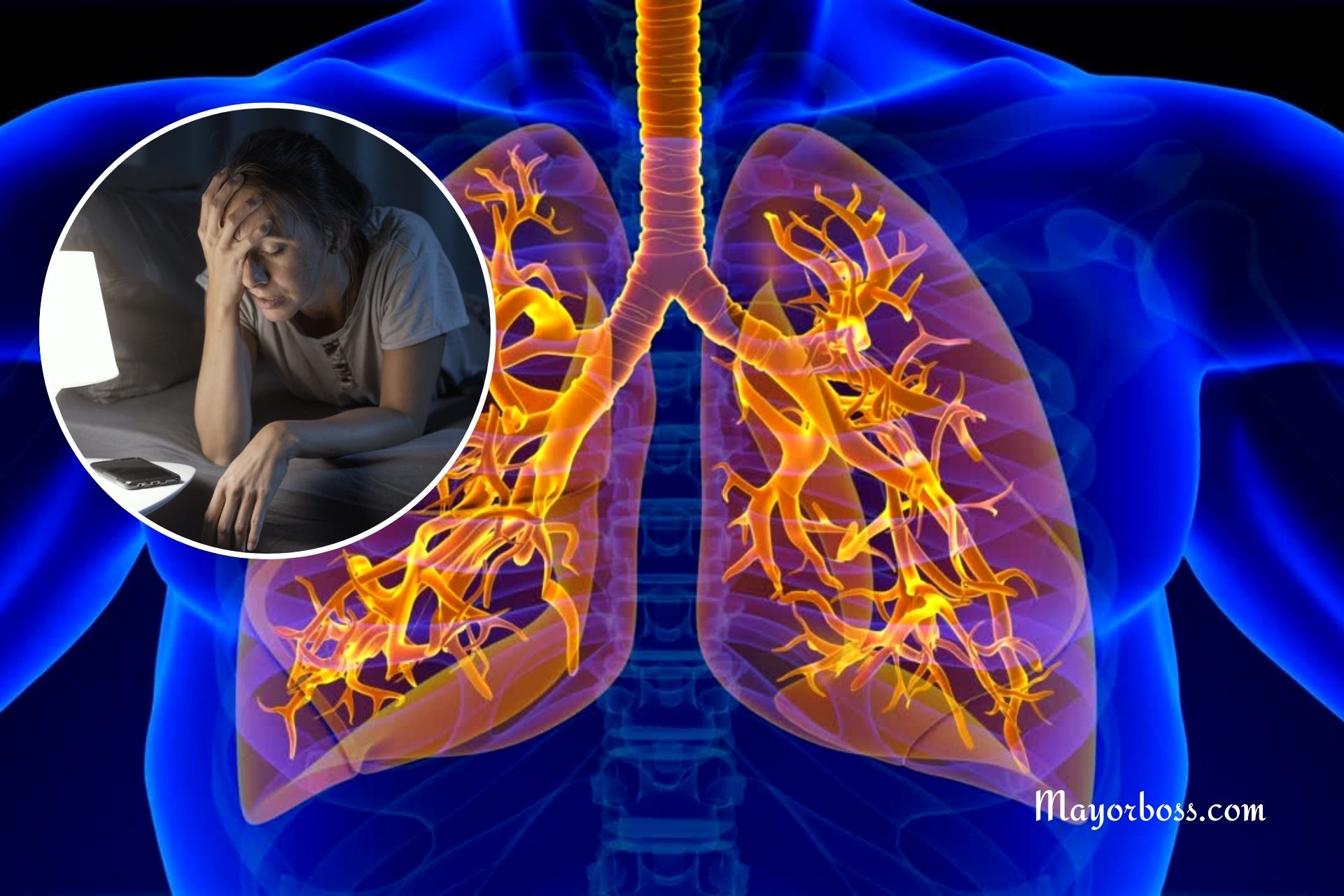Lung Damage Symptoms at Night: 4 Signs Your Lung Might Be Damaged
Your lungs might be trying to tell you something at night, but are you listening? Lung health is very important. At night, some symptoms can show that your lungs are not working as well as they should. In this article, we will talk about four clear signs that your lungs might be hurt. If you notice these signs, you should see a doctor right away.

Persistent Coughing in the Night
A cough that gets worse at night can be a telling sign of lung disease. When you lie down, mucus can collect in your lungs. This extra mucus makes your lungs feel irritated, and you may start coughing more. If your cough lasts for several weeks, it might be a sign of a condition like bronchitis, chronic obstructive pulmonary disease (COPD), or another lung problem.
A long-lasting cough at night can also disturb your sleep. Not getting enough sleep can make you feel tired during the day. If you have a cough that does not go away, it is important to have it checked by a doctor.
2. Trouble Breathing When Lying Down
Breathing problems, especially when lying in bed, are another sign of lung damage. When you lie down, fluid from other parts of your body can move into your lungs. This fluid makes it hard for your lungs to work properly, causing you to feel short of breath.
This symptom, called shortness of breath, can also happen if there is a problem with your heart. Your heart and lungs work together to send oxygen to your body. If one of them is not working well, it can cause problems. If you need extra pillows to breathe better at night, you should talk to your doctor.
3. Wheezing and a Tight Chest
Wheezing is a high, whistling sound when you breathe. It happens when air moves through a small opening in your lungs. If you hear wheezing at night, it may be a sign that your lungs are having a hard time. Wheezing can happen with conditions like asthma or other lung problems.
Chest tightness is another sign to be aware of. This feeling of pressure in your chest can make it hard to take deep breaths. When you have both wheezing and a tight chest, it means your airways may be narrowed. This condition needs to be checked by a doctor.
4. Gasping for Air in the Night
Waking up suddenly because you cannot catch your breath is a serious sign. When your body does not get enough oxygen, it sends a signal to wake you up. This may make you gasp for air, which can be very frightening.
This problem can occur with many lung conditions. It can also happen with sleep apnea, a disorder where your breathing stops and starts during sleep. Gasping for air during the night can interrupt your sleep many times. Over time, this can make your heart and lungs work too hard. It is important to see a doctor if this happens.
What Can Cause Lung Damage?
Lung damage can happen for many reasons. One common reason is smoking cigarettes. Smoking harms the tissues in your lungs and can lead to many diseases. Even breathing in smoke from others can hurt your lungs.
Air pollution is another cause. Breathing in dust, chemicals, or other pollutants can damage your lungs over time. Infections like pneumonia can also harm your lung tissue. Some diseases, such as emphysema and pulmonary fibrosis, slowly damage the lungs over many years.
It is important to keep your environment as clean as possible and to avoid smoke and other pollutants.
How to Keep Your Lungs Healthy
There are many steps you can take to protect your lungs:
- Avoid Smoking: Smoking is one of the biggest risks to lung health. If you smoke, try to stop. Avoid places where others are smoking.
- Reduce Exposure to Pollutants: Use air filters in your home and avoid places with heavy pollution.
- Stay Active: Exercise helps your lungs work better. Even simple activities like walking can improve your breathing.
- Eat a Healthy Diet: A balanced diet helps your body repair itself. Foods rich in vitamins and minerals are good for your lungs.
- Get Vaccinated: Vaccines, like the flu shot, can prevent infections that might harm your lungs.
When to See a Doctor
If you have any of these symptoms at night, it is important to speak with a doctor. Do not wait until the symptoms get worse. A doctor can help find the cause of your lung problems and suggest the right treatment.
Your doctor may ask about your symptoms and may do tests to check your lung health. These tests can include breathing tests or imaging studies, like a chest X-ray.
